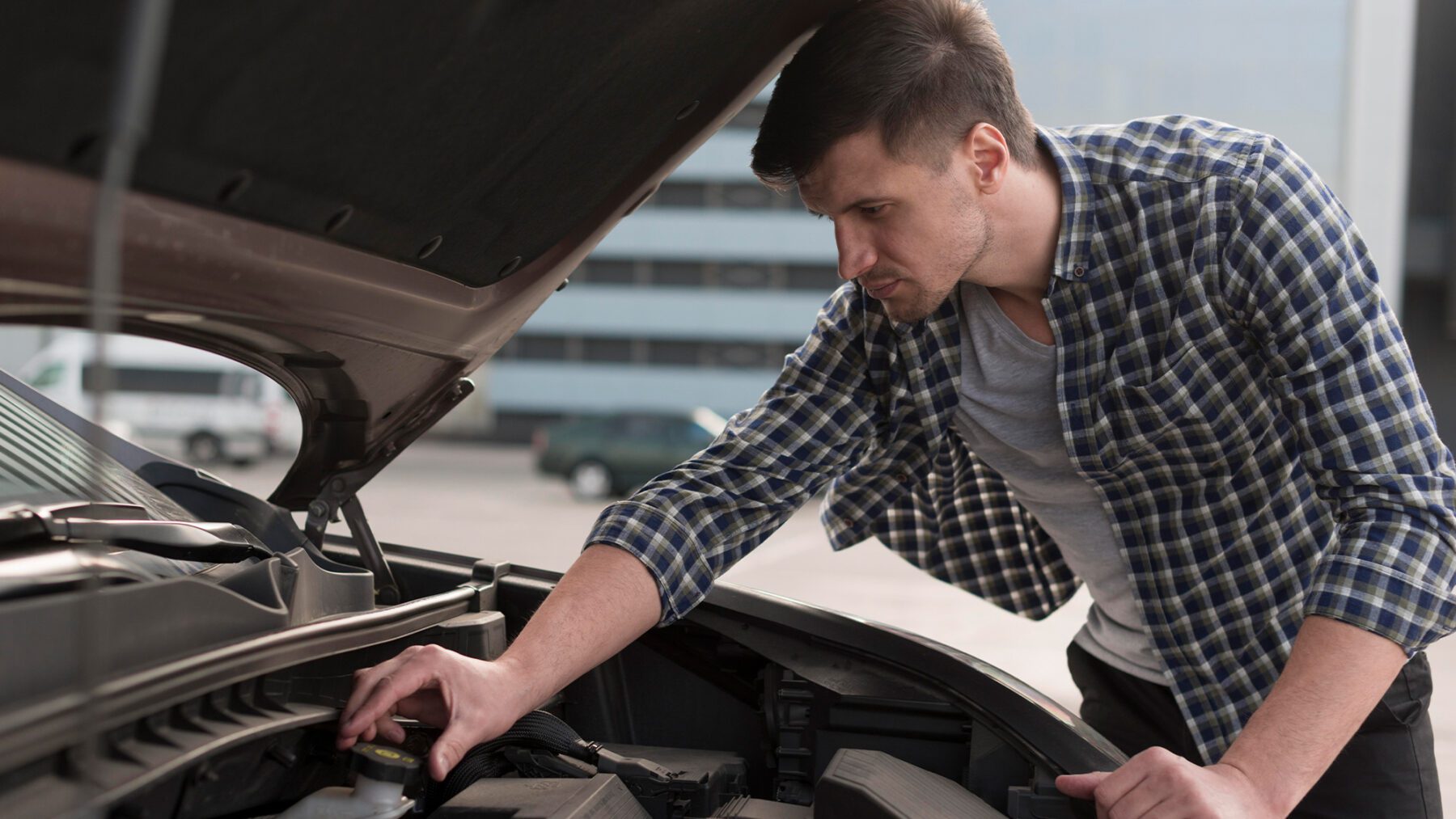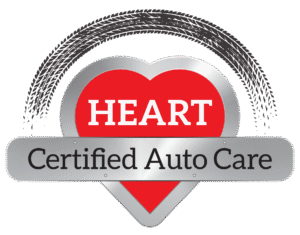Reasons to Consider a Honda EVAP System Test in Wilmette


Maintaining your vehicle’s performance and ensuring its longevity is important for any car owner. One of the essential aspects of car maintenance that often goes unnoticed is the Evaporative Emission Control (EVAP) system. If you own a Honda, particularly in Wilmette, it’s essential to consider getting a Honda EVAP System Test in Wilmette.
What is the EVAP System?
Importance of the EVAP System
- Environmental Protection: The primary function of the EVAP system is to reduce emissions that contribute to air pollution.
- Fuel Efficiency: A properly functioning EVAP system ensures that fuel vapors are reused, enhancing your vehicle’s fuel efficiency.
- Compliance with Regulations: Many regions have strict emissions regulations, and a faulty EVAP system can result in your car failing an emissions test.
- Preventing Engine Problems: Issues with the EVAP system can lead to engine problems, affecting the overall performance of your vehicle.
- Extended Vehicle Longevity: Regular maintenance and testing of the EVAP system can extend the overall lifespan of your vehicle by preventing wear and tear.
- Cost Savings: Addressing EVAP system issues early can save you money on more extensive repairs and reduce fuel costs over time.
Signs Your Honda Needs an EVAP System Test
- Check Engine Light: One of the most obvious indicators is when your dashboard displays the check engine light.
- Gasoline Smell: Detecting a strong gasoline odor around your car might suggest an EVAP system leak.
- Reduced Fuel Efficiency: A drop in fuel economy can signal a problem with the EVAP system.
- Trouble Starting the Car: Difficulty in starting your car can also be related to problems within the EVAP system.
The Process of a Honda EVAP System Test in Wilmette
Step 1: Visual Inspection
Step 2: System Pressure Test
Step 3: Diagnostic Trouble Codes (DTC) Scan
Step 4: Smoke Test
In some cases, a smoke test may be performed to locate hard-to-find leaks within the system. This involves introducing smoke into the EVAP system and observing where it escapes to pinpoint the exact location of the leak.
Thorough testing of your Honda’s EVAP system in Wilmette ensures that all components are working correctly, preventing potential issues and optimizing vehicle performance.
Benefits of a Honda EVAP System Test in Wilmette
- Improved Fuel Efficiency
- Reduced Emissions
- Avoidance of Costly Repairs
- Enhanced Vehicle Performance
A well-maintained EVAP system contributes to the overall performance of your vehicle. By ensuring that the system is functioning correctly, you can enjoy a smoother and more reliable driving experience.
Regular Honda EVAP System Tests in Wilmette offer significant benefits, including enhanced fuel efficiency, reduced emissions, and avoidance of costly repairs. Ensuring your EVAP system is in top condition not only boosts vehicle performance but also supports a healthier environment.
When to Schedule a Honda EVAP System Test in Wilmette
- Regular Maintenance Intervals: It’s a good practice to include the EVAP system test as part of your routine maintenance schedule. Check your vehicle’s owner manual for recommended intervals.
- After Noticing Symptoms: If you observe any of the signs mentioned earlier, such as the check engine light or fuel odor, it’s essential to schedule a test promptly.
- Before Emissions Testing: If your vehicle is due for an emissions test, getting the EVAP system checked beforehand can ensure that your car passes without any issues.
- Following Repairs: After any major repairs or replacements related to the fuel system, it’s advisable to perform an EVAP system test to confirm that everything is working correctly.
Scheduling a Honda EVAP System Test in Wilmette at the appropriate times ensures your vehicle remains in optimal condition and compliant with emissions standards.
Common Issues with the Honda EVAP System
Leaks
- Hose Damage: Over time, hoses can become brittle and crack, leading to leaks.
- Faulty Seals: Seals and gaskets may wear out, causing vapor leaks.
Faulty Components
- Defective Gas Cap: A loose or damaged gas cap is one of the most common causes of EVAP system problems.
- Malfunctioning Valves: The purge and vent valves can fail due to electrical issues or wear and tear.
Charcoal Canister Issues
- Clogging: The charcoal canister can become clogged with debris, preventing it from capturing vapors effectively.
- Saturation: Over time, the charcoal can become saturated and lose its ability to absorb vapors.
DIY Checks Before Testing
Inspect the Gas Cap
- Tightness: Ensure the gas cap is tightly secured after refueling.
- Condition: Check for any signs of damage or wear on the gas cap seal.
Visual Inspection
- Hoses and Connections: Look for any visible cracks or disconnections in the hoses and connections.
- Charcoal Canister: Inspect the canister for any signs of damage or clogging.
Listen for Unusual Sounds
- Whistling or Hissing: Unusual sounds can indicate a leak or malfunction in the EVAP system.
Check for Error Codes
- Diagnostic Tool: Use a diagnostic tool to scan for error codes that might point to EVAP system issues.
- Dashboard Lights: Pay attention to warning lights on the dashboard that could signal a problem.
Smell for Fuel Odors
- Fuel Smell: A strong fuel odor around the vehicle could indicate a vapor leak within the EVAP system.
Conclusion: The Importance of Honda EVAP System Test in Wilmette
Regular testing and maintenance of your Honda’s EVAP system are critical for ensuring optimal performance, fuel efficiency, and environmental compliance. By understanding the function and importance of the EVAP system, recognizing the signs of potential issues, and choosing a trusted service provider like HEART Auto Care in Wilmette, you can keep your vehicle running smoothly and efficiently.
If you’re located in Wilmette and need a Honda EVAP System Test, contact HEART Auto Care today. Our expert technicians are ready to provide comprehensive care for all your car maintenance and auto repair needs. Don’t wait until a minor issue becomes a major problem—schedule your appointment now!









